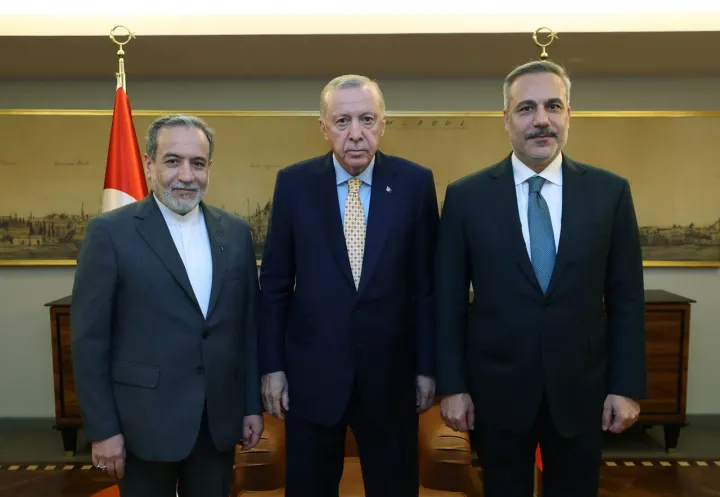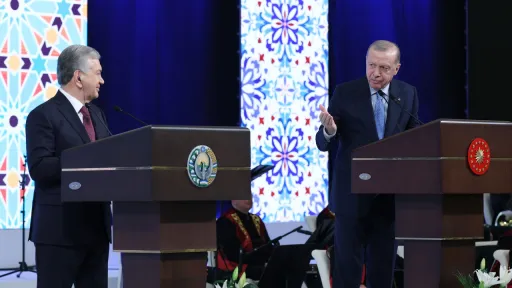By Umma Aliyu Musa
Hausa Day, celebrated every year on August 26, reflects on the language with the largest number of speakers in West Africa and well over one hundred million people worldwide.
Hausa is a rapidly growing Afro-Asiatic language. Its spread from parts of Nigeria and the Republic of Niger to other parts of Africa, such as Ghana, Chad, Benin, Cameroon, Togo, Gabon, and the Central African Republic, among others, stems from centuries of trans-Saharan travels, pilgrimages, migration, and social and economic factors.
Today, the Hausa language as a lingua franca bridges the hundreds of languages scattered across West and Central Africa. There is also growing presence of Hausa speakers beyond Africa, such as in the United States, and some countries in Europe.
Influence in the Media.
The influence of the Hausa language is evident in the media, both locally and internationally. Hausa-language television channels, radio stations, newspapers, and online platforms are abundant, catering to the vast Hausa-speaking population.
These media outlets serve as channels for entertainment and play crucial roles in disseminating news, promoting cultural content, and fostering a sense of community and identity among Hausa speakers. They also contribute to the spread of the language.
In the international scene, media organisations such as the British Broadcasting Corporation, the Voice of America, Radio France International, China Radio International, Deutsche Welle, and Islamic Republic of Iran Broadcasting have been offering daily programmes in the Hausa language for many years.
The Turkish Radio and Television Corporation launched Hausa platform earlier this year as part of TRT Afrika's digital channel to expand its continent coverage. All these highlight the importance and relevance of the language.
Similarly, with the internet and many social media platforms, Hausa literature, movies, and music are available for the world to see and hear, capturing the viewers’ joy and documenting how the language has positively affected viewership.
Hausa in Diaspora
Hausa’s significance extends beyond the borders of Africa, garnering recognition in the Western world. Many scholars and researchers have contributed immensely to teaching the Hausa language for over a hundred years.
Even before the teaching began in some universities in the United States and some European countries, European explorers like Eduard Vogel, Karl Moritz von Beurmann, and Gerhard Rolfs visited Hausa-speaking areas.
The works of James Frederick Schön (1802–1889) works on Hausa grammar set the stage for the recognition of the language worldwide, gaining attention and respect from linguists and scholars interested in African languages.
Several universities in Europe, the USA, and Asia offer Hausa courses. This rich engagement has taken several students to northern Nigeria and the Republic of Niger to learn the language in universities further, live with native speakers, and experience the culture.
For example, hearing Hausa spoken at the Hamburg Central Station is becoming common in Europe. Part of the essence of Hausa culture is zumunci,the act of social relationship, which is an etiquette that involves connecting with individuals and community as a whole with empathy.
It is common in many European cities to see Hausa speakers gather to celebrate weddings, naming ceremonies, royal and religious festivities.
Apart from the Sarkin Hausawa (the head of Hausa community) who sits on the throne in Paris, numerous Hausa traditional title-holders from across Europe gather in Paris to pay homage and honour the Hausa people and customs.
Colourful clothing and delectable dishes feature prominently during these events demonstrating part of the Hausa people’s excellent culture.
Moreover, the Hausa people in the United States and Europe have played a vital role in preserving and promoting the language and culture.
Hausa communities in these regions organise cultural events, language classes, and celebrations like Hausa Day to pass down their heritage to younger generations and maintain a sense of identity within a foreign context.
One of the achievements is a scheme known as Arewa Youth Mentoring Programme run by Arewa Ambassadors, a group of Hausa people living abroad.
This scheme on YouTube and Telegram, offers many enlightening mentorship programmes in several areas, such as education, tech-driven initiatives, and youth participation in governance, security, and how to tackle economic challenges affecting their regions and nations.
Furthermore, a sizeable number of professionals and highly skilled Nigerians live all over the world and offer their services in their new country while at the same time connecting with and supporting their communities back home.
The Day
The United Nations has not officially recognised the Hausa Day, but the Hausa people celebrate it globally.
The Hausa Day aims to promote awareness of the necessity of preserving the Hausa language and culture. Cultural exhibitions, traditional performances, poetry recitations, and educational workshops mark the day.
These efforts are critical in instilling pride in the language, encouraging its ongoing usage, and boosting its impact.
Hausa Day is a celebration of the rich and diverse Hausa culture. It emphasises the Hausa people’s traditions, customs, music, dance, and art and highlights their contributions to Africa’s and the world’s cultural legacy.
People from all walks of life come together to celebrate Hausa Day and develop intercultural understanding and appreciation.
Hausa Day is more than just a celebration of the Hausa-speaking regions of Africa; it also serves as a bridge to link different cultures and encourage mutual respect and understanding.
With its large number of speakers, media influence, and recognition in the United States and Europe, the Hausa language plays an essential role in defining the linguistic and cultural landscape of Africa and beyond.
Hausa Day serves a critical role in protecting a valuable element of humanity’s shared legacy by preserving and honouring the richness of the Hausa language and culture.
The author, Umma Aliyu Musa, is a Hausa language lecturer at the University of Hamburg, Germany.
Disclaimer: The viewpoints expressed by the author do not necessarily reflect the opinions, viewpoints and editorial policies of TRT Afrika.























